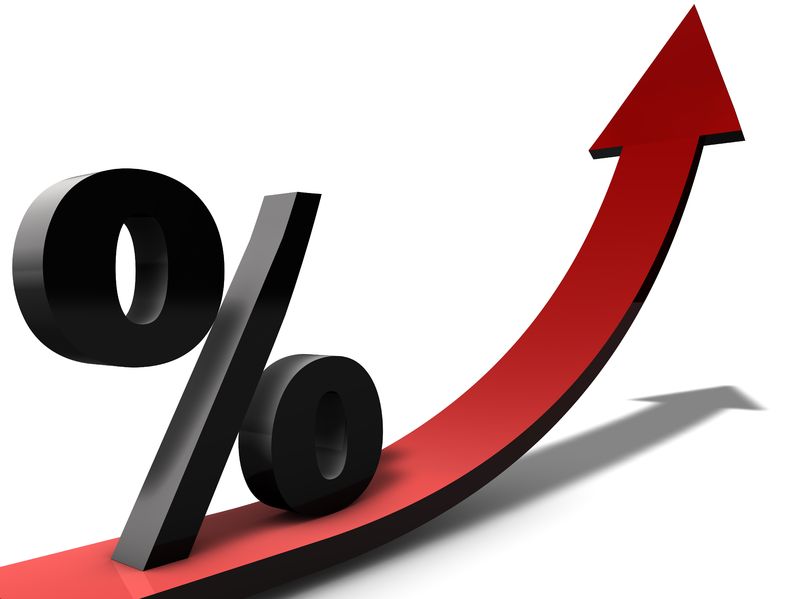The GST rate is probably increasing from 12.5% to 15%. We should know for sure by this Thursday (20 May 2010) when the Government announces the Budget. The increase is likely to be effective from 1 October 2010.
The GST rate increase could not come at a worse time. We are still suffering from the recession. Businesses do not want to lose any profit so will add GST to their base price; making the total price higher. That means the Government is taking money straight out of the pockets of consumers. Kiwis like to spend, but they don’t like prices going up (e.g. petrol, cheese etc). So we are likely to see more spending leading up to the rate increase and then a drop in spending straight after the increase. Businesses should be mindful of that and ensure they have enough stock available to meet the increase in sales before the rate increase and may like to consider options to help the spending i.e. offering credit to customers. Business should also make sure they are prepared for potential cash flow problems after the rate increase, when spending drops.
You only need to be registered for GST if you turn over more than $60,000 per annum. If you are already registered you probably know what is required for filing GST returns. During the GST change, you will need to file two GST returns if the date of the rate increase does not coincide with the end of your GST period. The first return will be at the rate of 12.5% for the period up until the rate increases. The second return will be at the rate of 15% from the date the rate increases until the end of your GST period. You may also need to make adjustments to allow for invoices that were sent before the rate increase but paid after the rate increase. Also, your tax invoices may be invalid if they have the incorrect GST rate.
If you are registered for GST you may like to consider the following things when preparing for the rate increase:
• Will you make prices plus GST or including GST?
• Will increasing the total price turn customers away?
• Are you prepared for an increase in sales before the rate increases?
• Are you prepared for a drop in sales after the rate increases?
• Can your accounting system cope with two GST rates?
• Are you reviewing ongoing supply contracts?
• If you are selling a business or land make sure the price is “plus GST” and make sure the purchaser pays a deposit large enough to cover the GST.
• Purchasers will want the price to include GST.
• If a contract entered into before the rate increases falls unconditional after the rate increases, the seller will carry the increase in GST, for example, in long terms conditional contracts for the sale of residential development land.
All bets are on that it will be increasing. Six sleeps until we find out.





Leave A Comment